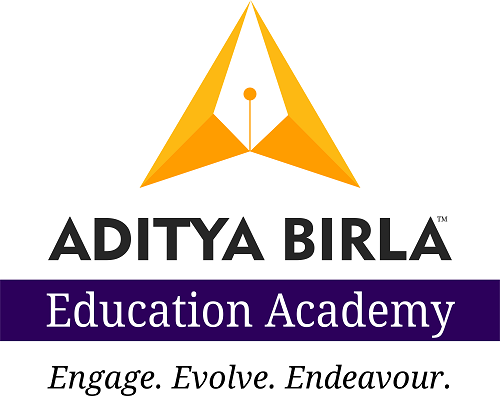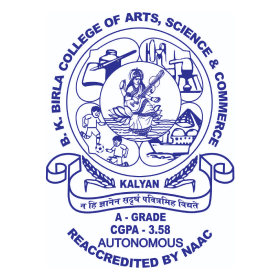We often hear educators talking about developing global citizenship, but what is it? How do we do it? Who does it? In this article we will think about the skills, competencies and attributes required. We will consider the role of students, teachers, parents and whole school culture in developing global citizenship with our students. Uniquely, this blog draws upon the expertise of over 150 educators who took part in an online ?masterclass? on 6 April 2020 organised by ABEA.
Coming to terms with the terms!
IB programmes are designed to develop international mindedness, a term created by the IB but not defined until 2012. According to the IB?International-mindedness is a multi-faceted and complex concept that captures a way of thinking, being and acting that is characterized by an openness to the world and a recognition of our deep interconnectedness to others.? (IB, 2012)
How can we make sense of this jargonistic definition? Four areas stand out.
- opportunities for sustained inquiry into a range of local and global issues and ideas.
- reflecting on own perspective, culture and identities, and then on those of others.
- through multilingualism.
- through a focus on global engagement and meaningful service with the community.
Four points relating to being globally competent:
- Knowledge and understanding of international issues
- Work with people from diverse cultural backgrounds
- Proficiency in a foreign (world) language
- Skills to function
Skills and attributes
Each definition above references the development of skills. Many social changes are impacting education, such as the expanding role of technology, changing job demands, increasing global interdependence, rapid growth of knowledge and environmental concerns. The focus of skills required is changing too. We believe that skills can be taught and improved and need to be explicitly planned and taught, so which skills did the 150 participants believe are most important for developing global citizenship?
Cooperation, collaboration, conflict resolution, viewing different perspectives, adaptability, consensus building, creativity, analysis, synthesis, critical thinking, problem-solving, research, accepting difference, teamwork, decision-making, thinking out of the box, and imagination.
Do you agree with this list? Is anything missing?
Attributes develop through experience and often incorporate a set of skills acting together. The webinar group agreed that students need opportunities to develop an awareness of attributes and to then demonstrate them. In the same way as skills can be explicitly planned for, so can attributes, both through subjects and outside school in sports, arts and outdoor education. The webinar participants identified several attributes that are important for developing global citizenship. These include:
Open-minded, empathy, resilience, honesty, civic responsibility, independence, curious, inquirers, reflective, balanced, compassionate, principled, ethical, considerate and tolerant.
Incorporating into curriculum
Each of the definitions we explored earlier demand an inquiry-based approach to teaching and learning, and the use of content and case studies that address global and local issues. If these issues can be carefully planned to potentially incorporate an action or service, then the aspect of ?global engagement? is also addressed.
Inquiry is key. If students can inquire into a range of closed and open-ended questions that demand the skills and attributes listed above, then we are closing in on global citizenship! We need to design inquiry that could take us in multiple directions, is collaborative in nature and requires us to ask difficult questions that require creative responses. There are many types of inquiry that can support this planning, from structured to open-ended and student-initiated.
The pedagogical approach must be through inquiry, but how do we choose content that is relevant, engaging, elicits the skills and attributes and promotes understanding of our own identity and culture, and those of others? It is important to view any mandated content and to consider global issues and how they can connect to that prescribed content. For example, if the class is learning geographical or historical concepts, a compare and contrast exercise from different eras or geographical regions enables students to put gain new perspectives. Incorporating the UN Sustainable Development Goals (SDGs) is a great way to use global issues as a context for interdisciplinary learning, which links to real-world issues and frequently to an action.
Summary
What can you do to develop global citizenship with your students? Be explicit in planning for skills and attributes and provide opportunities for them to be demonstrated. Use local and global issues to develop understanding of different perspectives which may lead to students becoming involved in action. If we can put all of this together, we will have a generation of student activists ready to change the world for the better!
References
International Baccalaureate (2012) What is an IB Education? Cardiff, UK
Van Roekel, N. P. D.(2010) Global competence is a 21st century imperative Washington DC, National Education Association.
Image source-freepik









